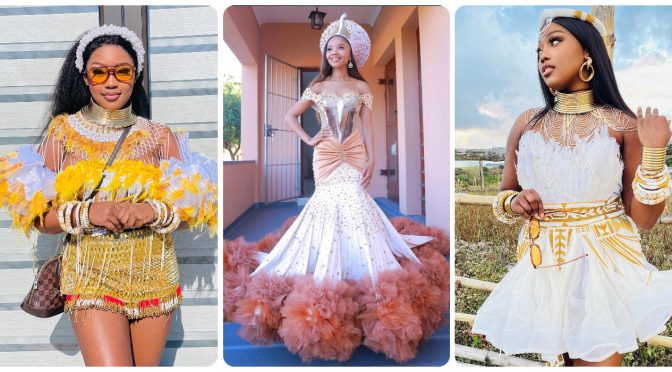the Significance of Zulu Traditional wedding
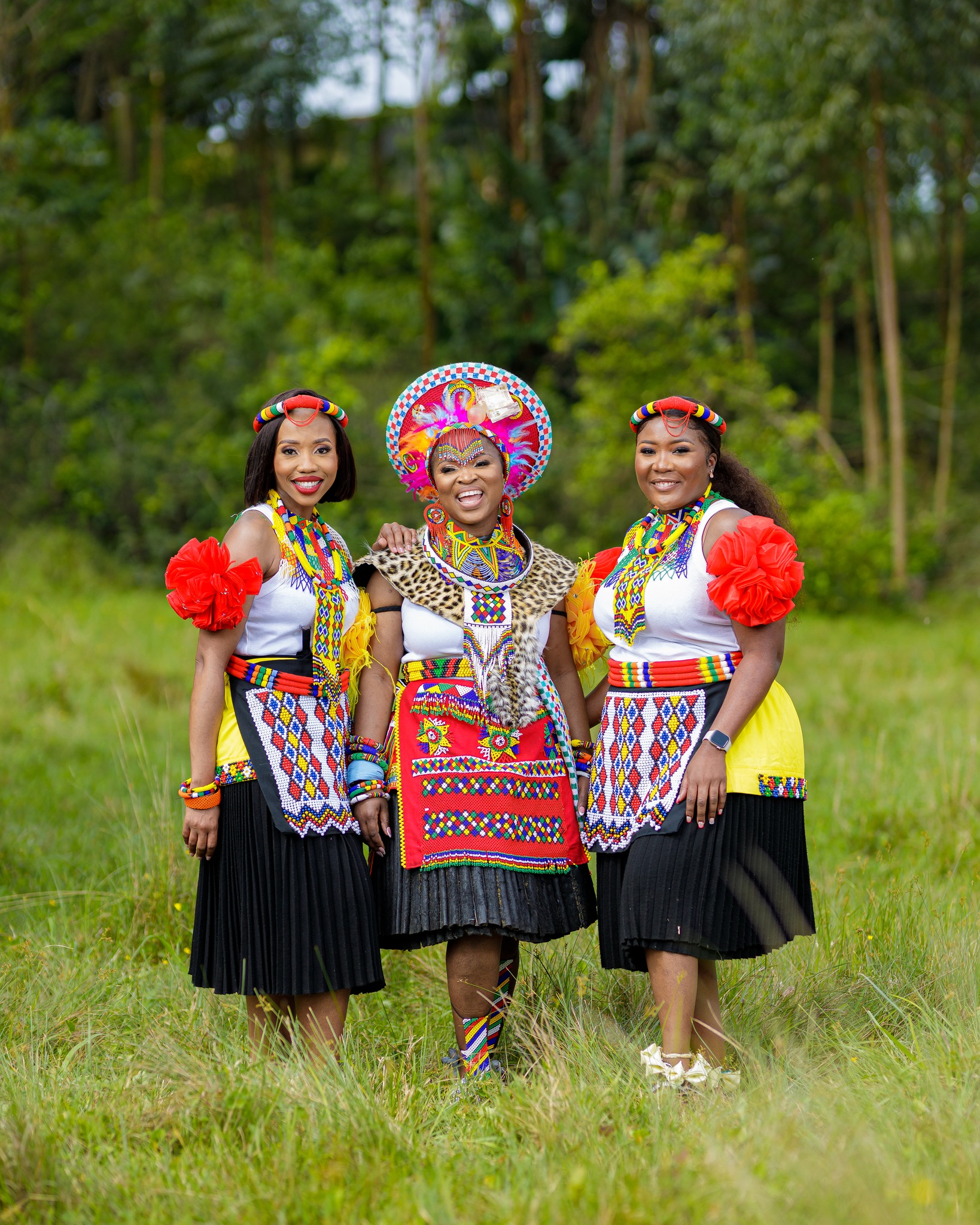 In Zulu traditional wedding culture hold immense significance as they represent the joining of two families and the durability of ancestral traditions.
In Zulu traditional wedding culture hold immense significance as they represent the joining of two families and the durability of ancestral traditions.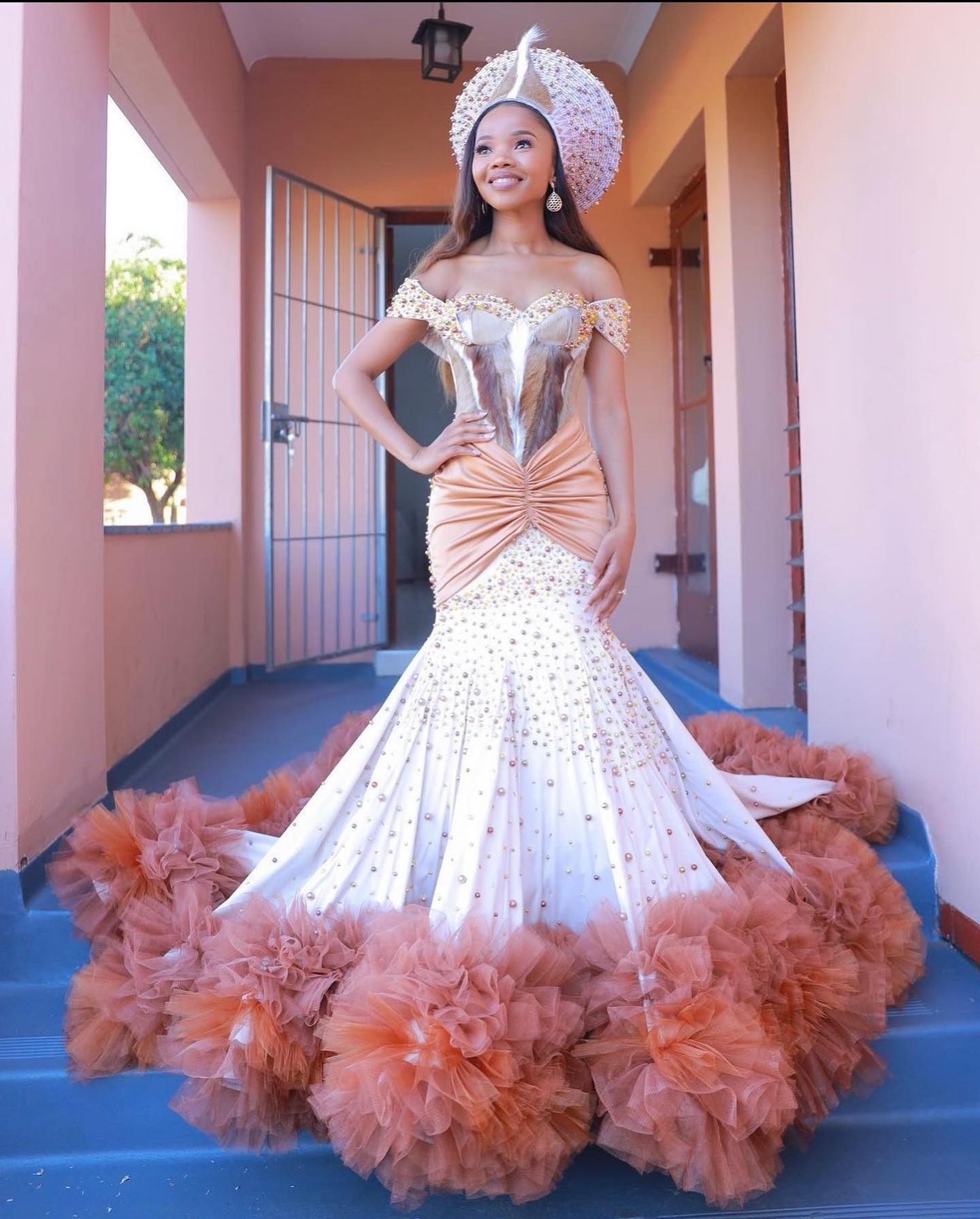
These marriages aren’t only a festivity of love but also a way to recognize the customs and values that have been passed down through generations.
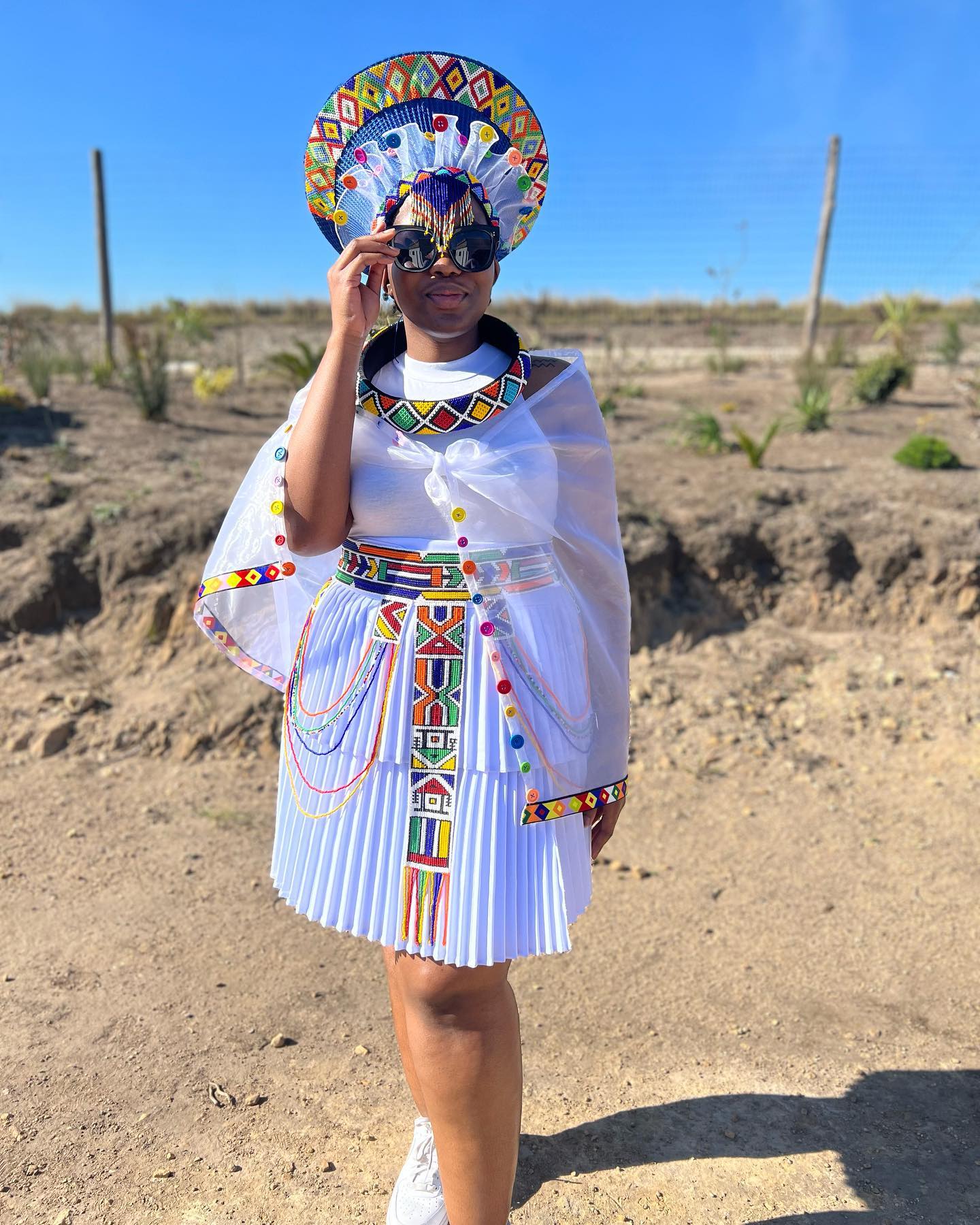 Zulu traditional marriages are characterized by vibrant vesture, emblematic rituals, and a strong sense of community. They serve as a memorial of the deep- confirmed artistic heritage and a way to save and showcase the pride of the Zulu people.
Zulu traditional marriages are characterized by vibrant vesture, emblematic rituals, and a strong sense of community. They serve as a memorial of the deep- confirmed artistic heritage and a way to save and showcase the pride of the Zulu people.

The part of the Bride in Zulu Traditional marriages
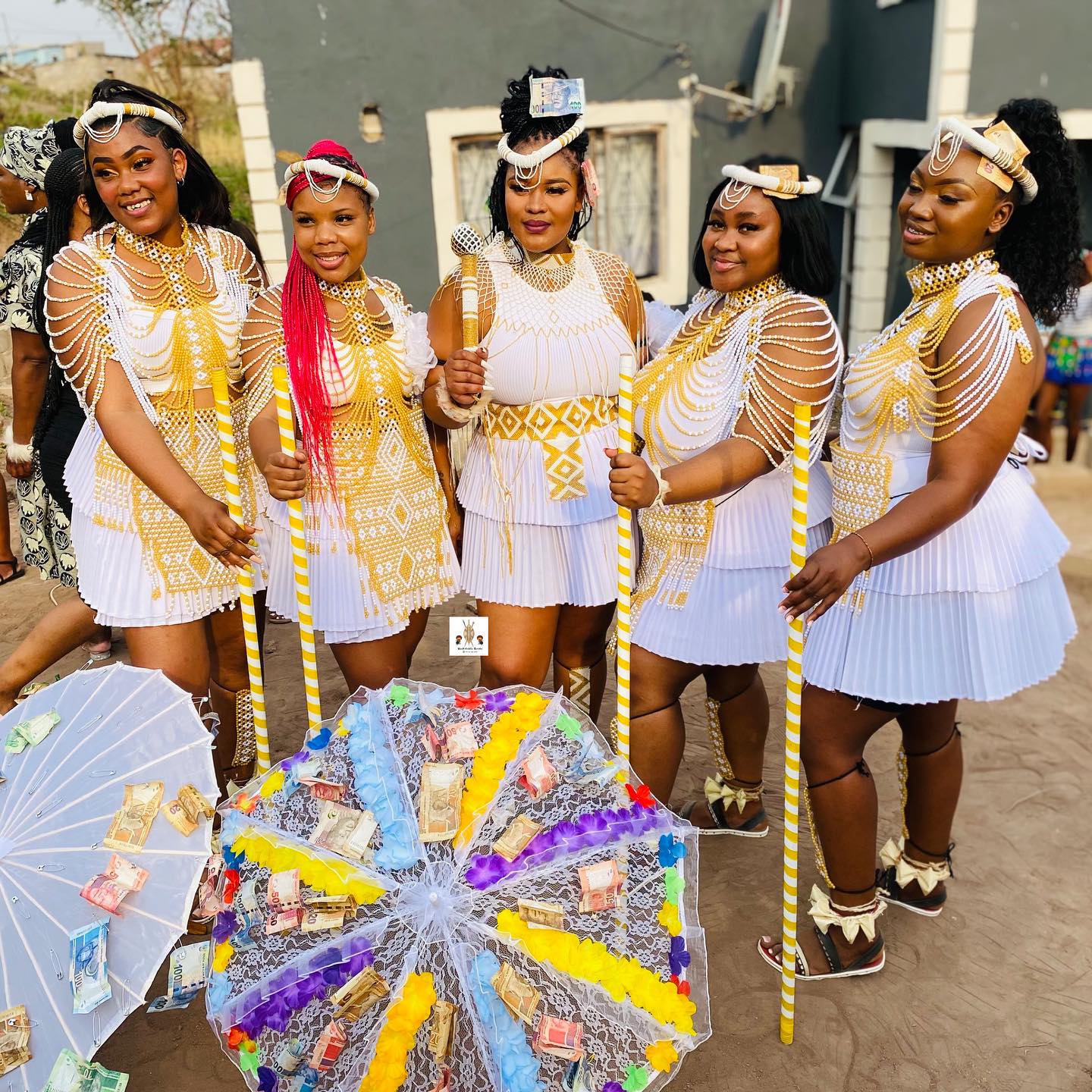 The bridegroom plays a central and reputed part in Zulu traditional marriages. She’s seen as the personification of the family’s honor and traditions. The bridegroom’s vesture is precisely named to reflect her family’s wealth and status, showcasing intricate beadwork, various garments, and traditional accessories.
The bridegroom plays a central and reputed part in Zulu traditional marriages. She’s seen as the personification of the family’s honor and traditions. The bridegroom’s vesture is precisely named to reflect her family’s wealth and status, showcasing intricate beadwork, various garments, and traditional accessories.
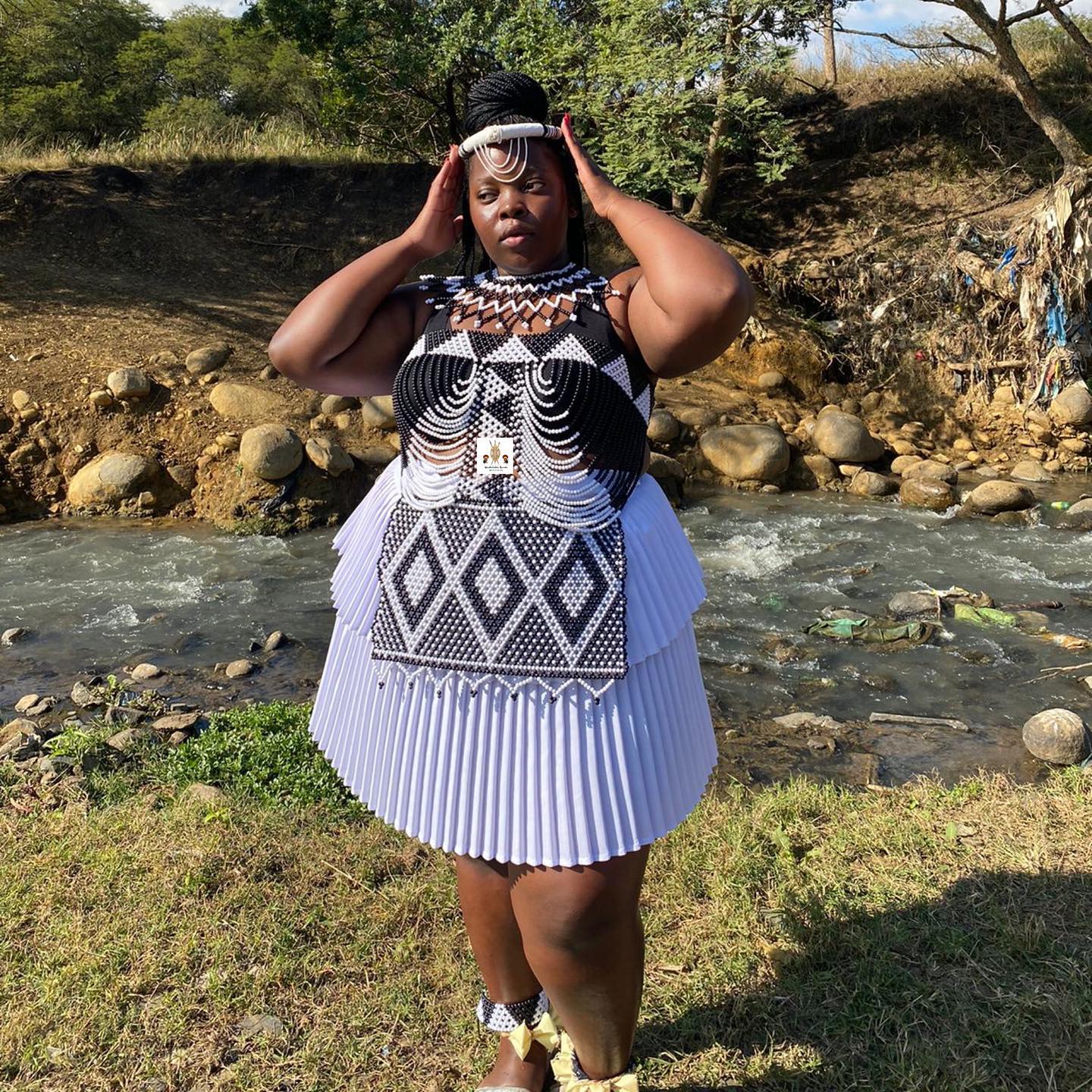 During the marriage form, the bridegroom takes part in colorful rituals, similar as the swapping of gifts, the washing of hands, and the sharing of emblematic foods. Her presence symbolizes fertility, concinnity, and the durability of the family lineage.
During the marriage form, the bridegroom takes part in colorful rituals, similar as the swapping of gifts, the washing of hands, and the sharing of emblematic foods. Her presence symbolizes fertility, concinnity, and the durability of the family lineage.
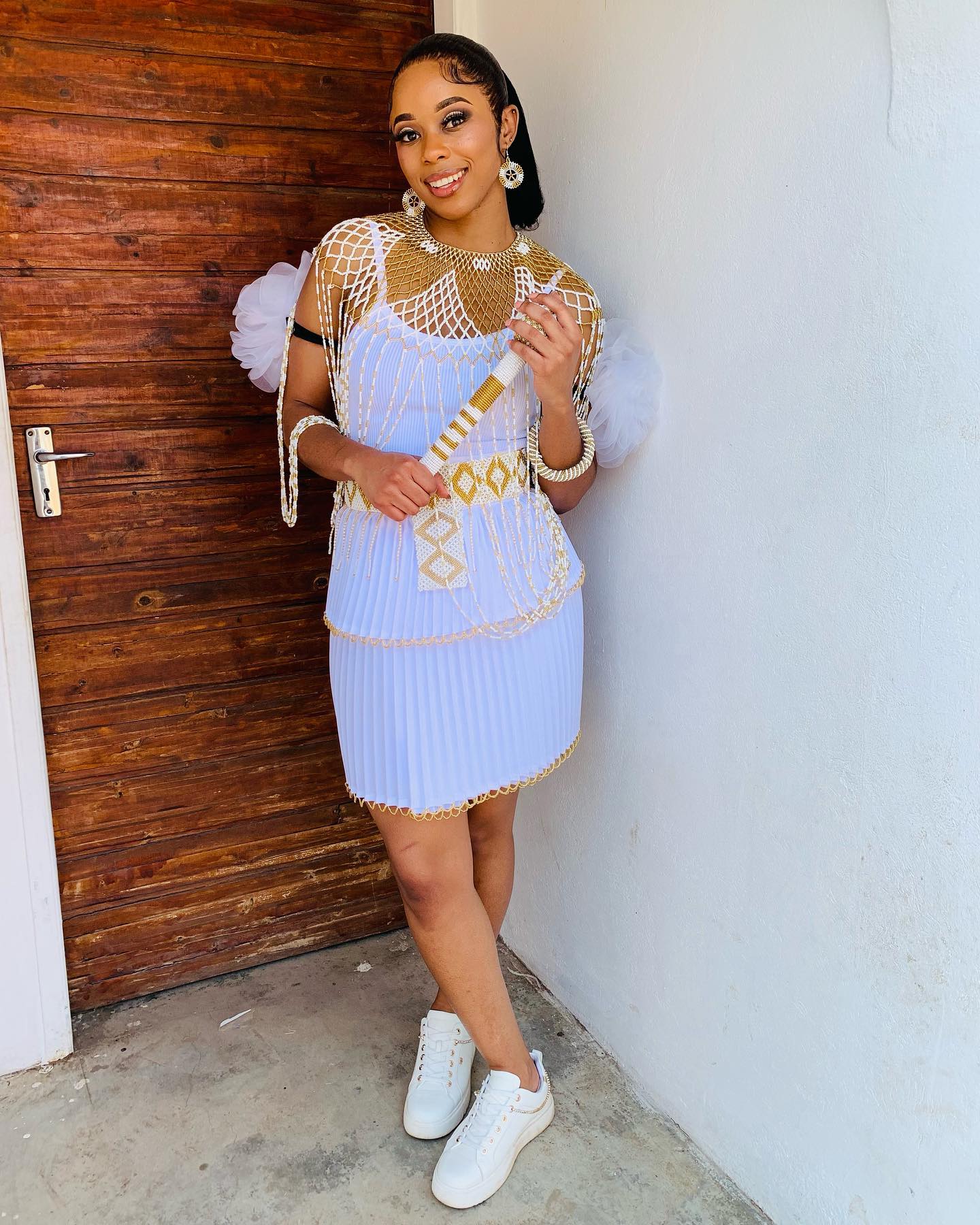 The bridegroom’s part isn’t only to bring joy and happiness to her new family but also to uphold the cherished customs and values of the Zulu culture.
The bridegroom’s part isn’t only to bring joy and happiness to her new family but also to uphold the cherished customs and values of the Zulu culture.
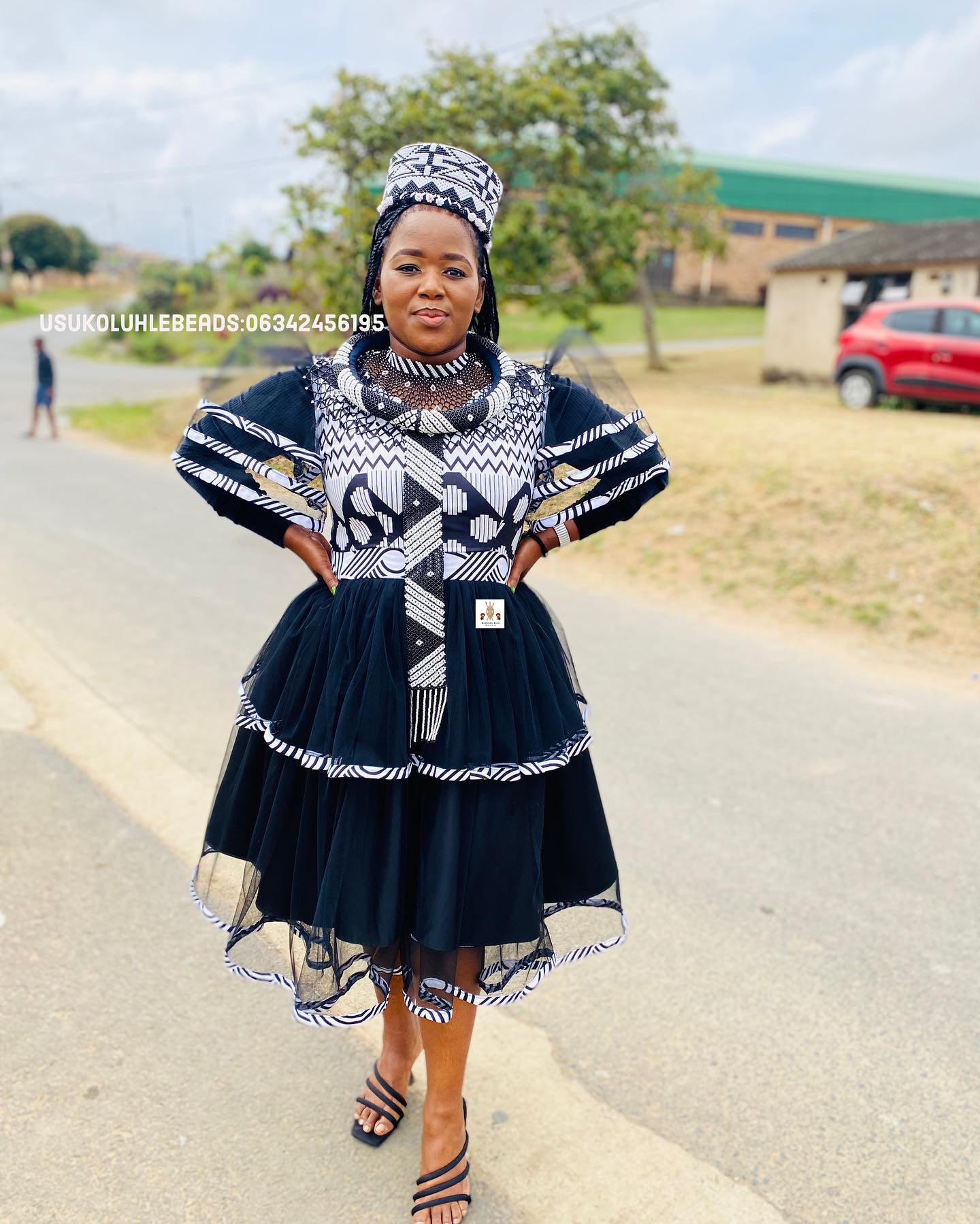
Zulu Traditional Wedding Customs
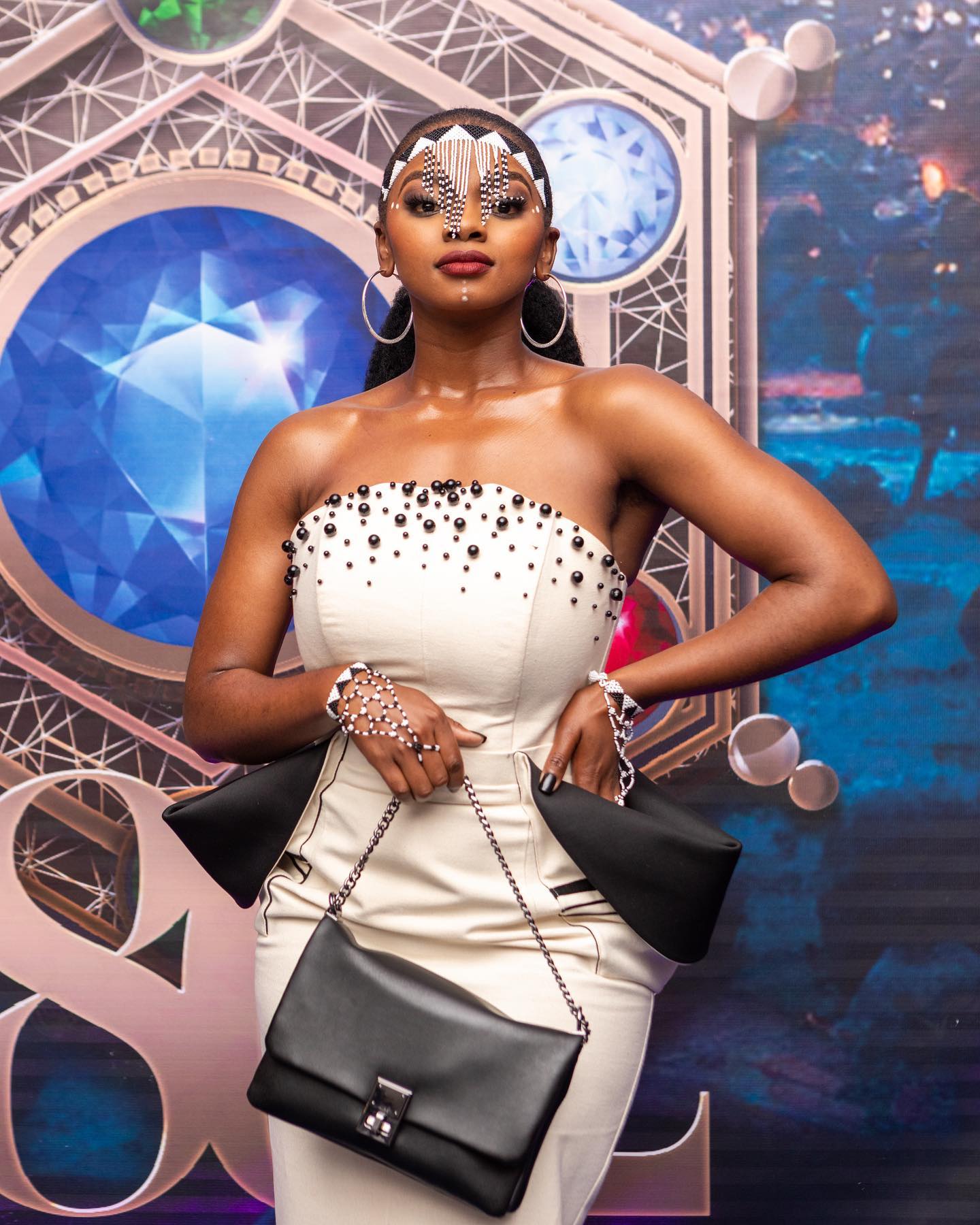 Zulu traditional marriages hold immense significance in the Zulu culture, serving as a festivity of the union between two families and the durability of ancestral traditions. These marriages are characterized by rich customs and rituals that punctuate the significance of family, community, and heritage.
Zulu traditional marriages hold immense significance in the Zulu culture, serving as a festivity of the union between two families and the durability of ancestral traditions. These marriages are characterized by rich customs and rituals that punctuate the significance of family, community, and heritage.
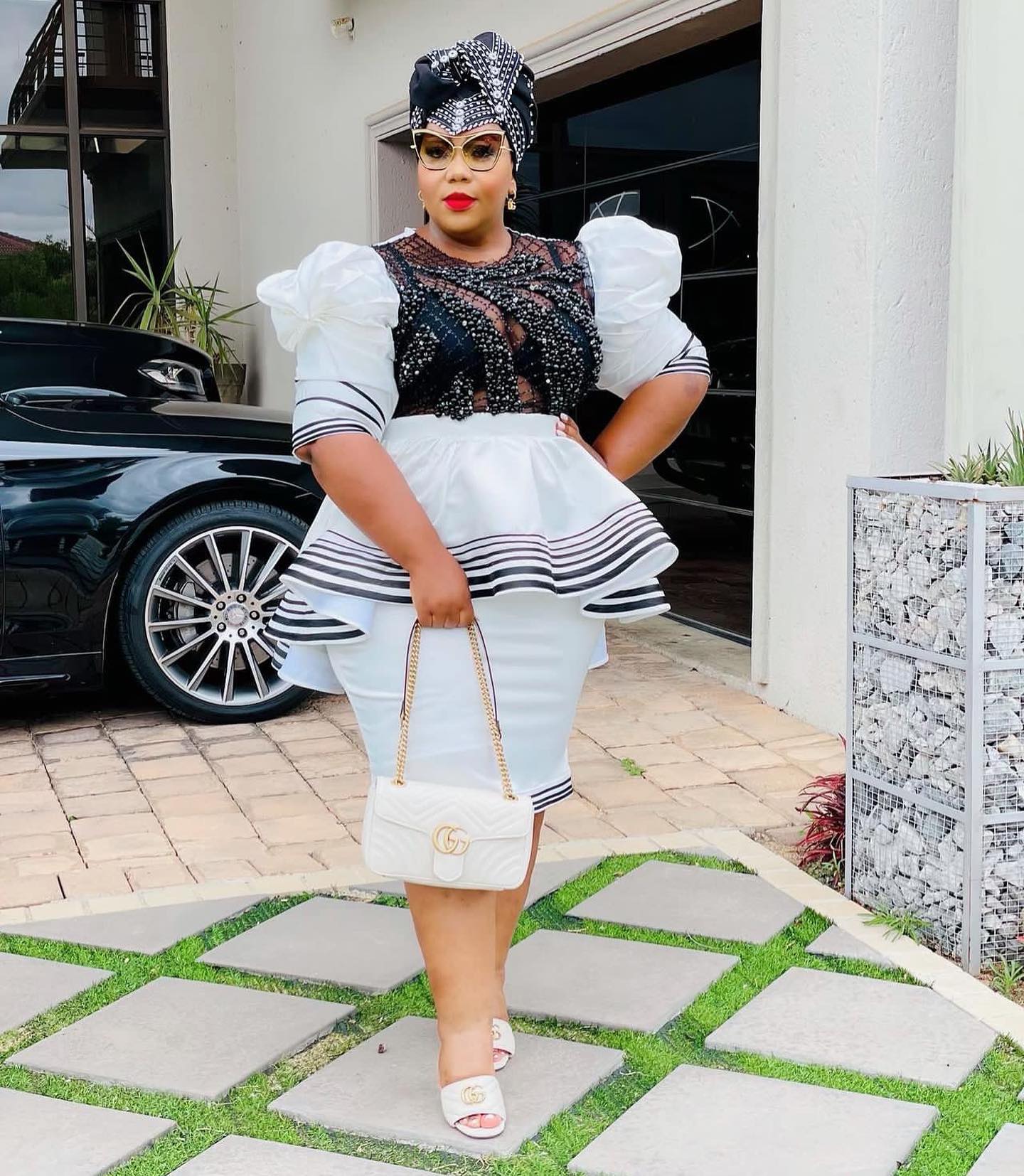
The observances are filled with joy, vibrant music, cotillion , and traditional vesture. It’s a time for the couple to showcase their love and commitment to both their families and the community, bringing people together and fostering a sense of concinnity and belonging.
The Lobola concession Process
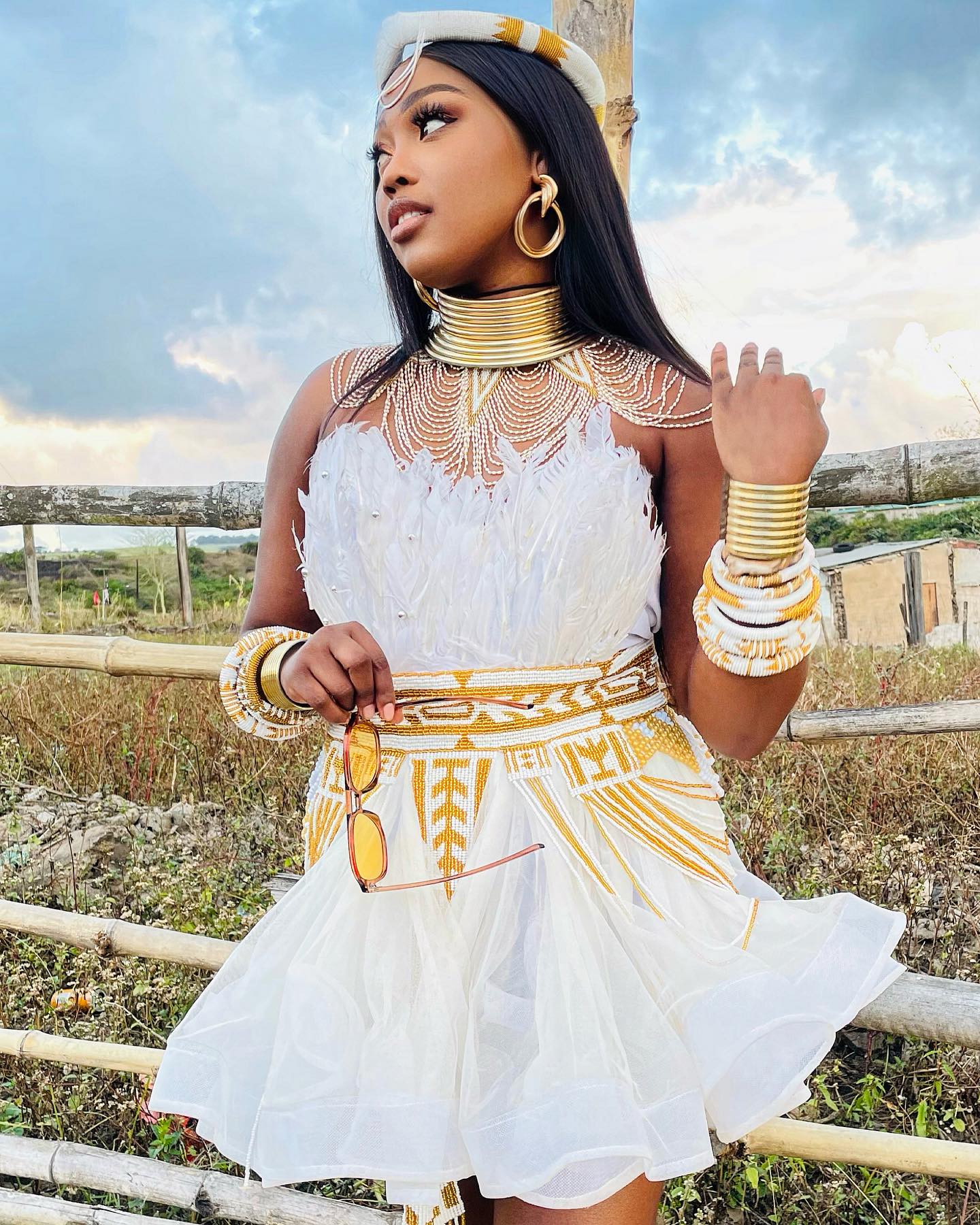 One key aspect of Zulu traditional marriages is the lobola concession process. Lobola is a customary practice where the bachelor’s family pays a bridegroom price to the bridegroom’s family as a sign of respect and appreciation.
One key aspect of Zulu traditional marriages is the lobola concession process. Lobola is a customary practice where the bachelor’s family pays a bridegroom price to the bridegroom’s family as a sign of respect and appreciation.
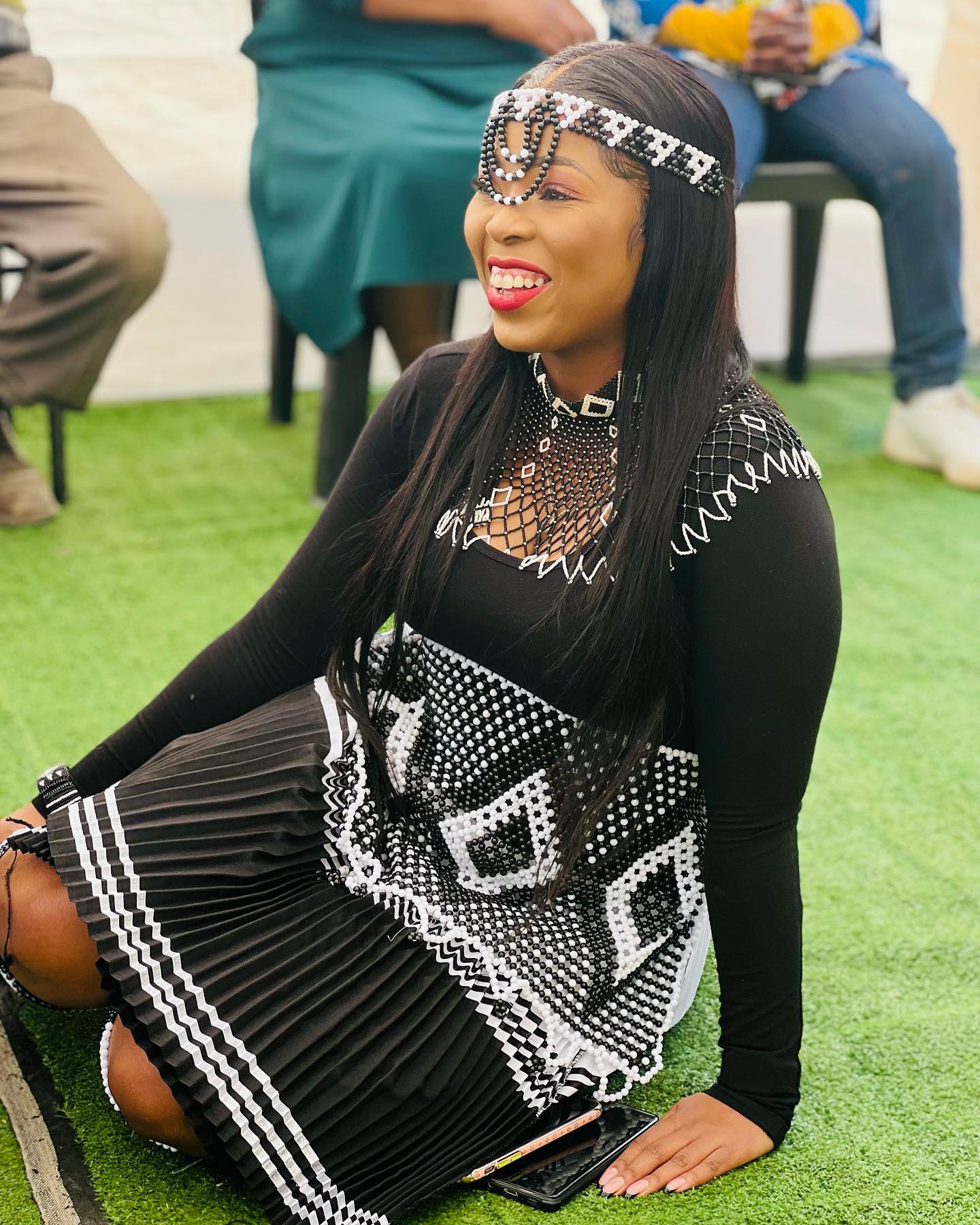 This concession process is seen as a way to strengthen the bonds between the two families and insure that both families are invested in the union.
This concession process is seen as a way to strengthen the bonds between the two families and insure that both families are invested in the union.
Traditional Matrimonial vesture
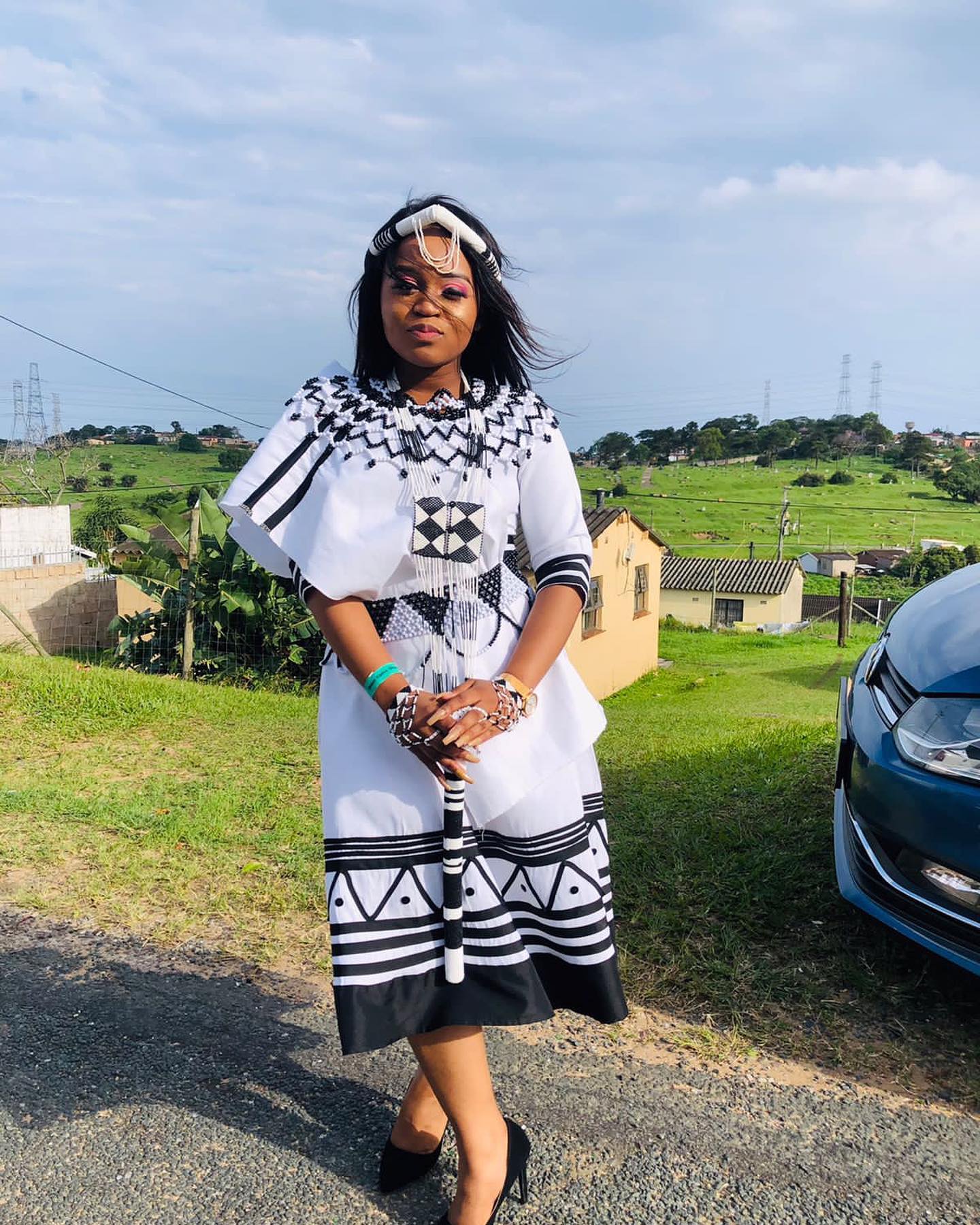 Another essential element of Zulu traditional marriages is the bridegroom’s traditional vesture. The bridegroom wears beautifully drafted and various garments that reflect the artistic heritage of the Zulu people. This vesture frequently includes rounded jewelry, a intricately designed headgear, and a vibrant traditional skirt.
Another essential element of Zulu traditional marriages is the bridegroom’s traditional vesture. The bridegroom wears beautifully drafted and various garments that reflect the artistic heritage of the Zulu people. This vesture frequently includes rounded jewelry, a intricately designed headgear, and a vibrant traditional skirt.
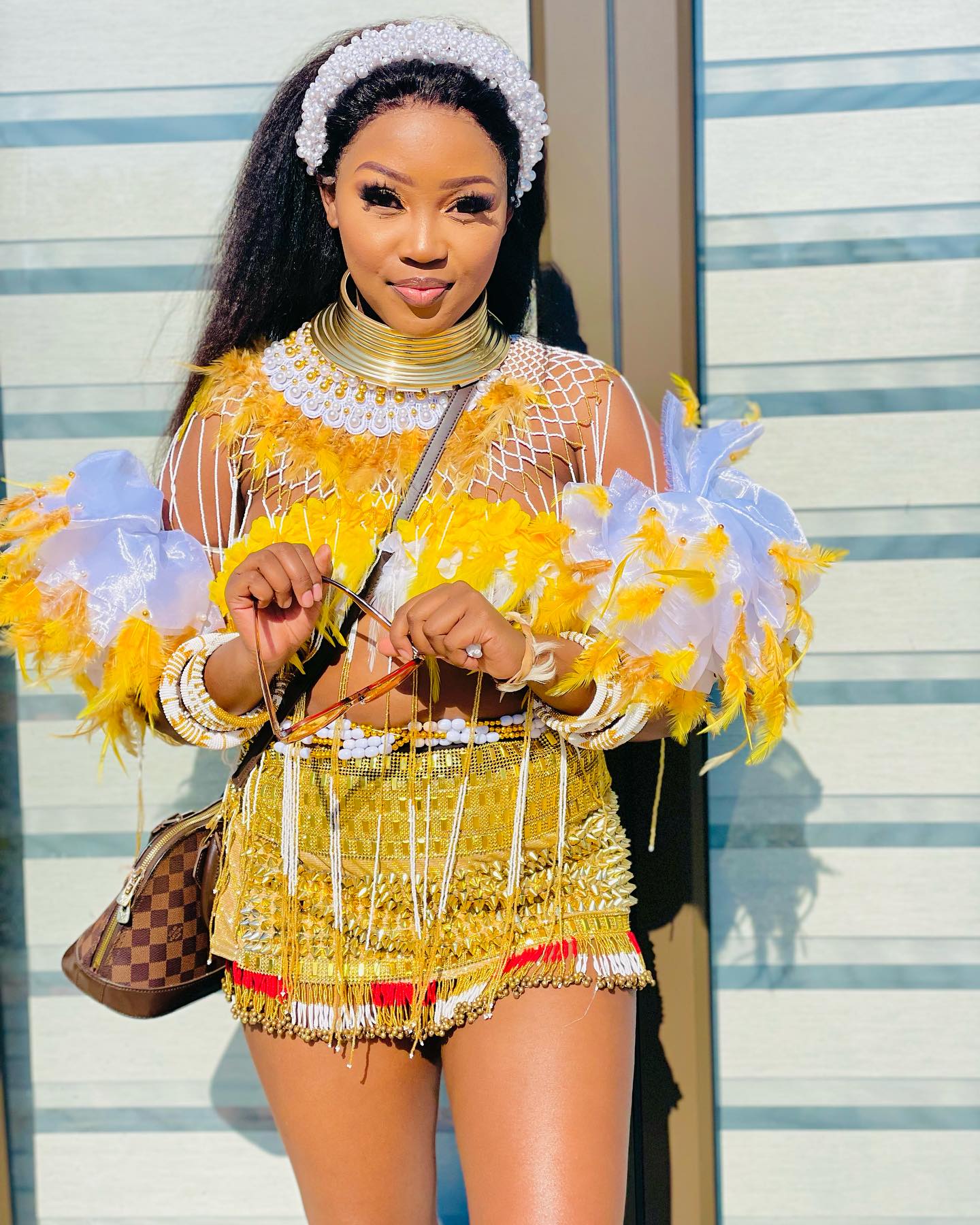 The bridegroom’s vesture isn’t only a source of pride but also reflects her commitment to upholding the artistic traditions and customs of her community.
The bridegroom’s vesture isn’t only a source of pride but also reflects her commitment to upholding the artistic traditions and customs of her community.
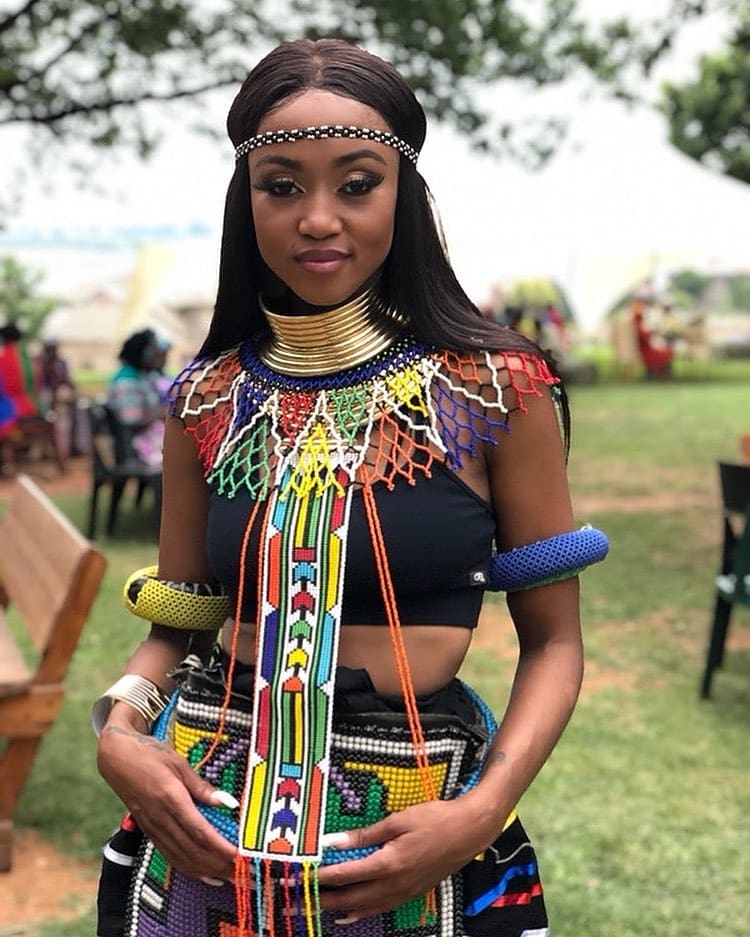 Zulu traditional marriages truly showcase the artistic uproariousness and values of the Zulu people. They emblematize the significance of family, community, and heritage while celebrating the love and commitment of the couple.
Zulu traditional marriages truly showcase the artistic uproariousness and values of the Zulu people. They emblematize the significance of family, community, and heritage while celebrating the love and commitment of the couple.
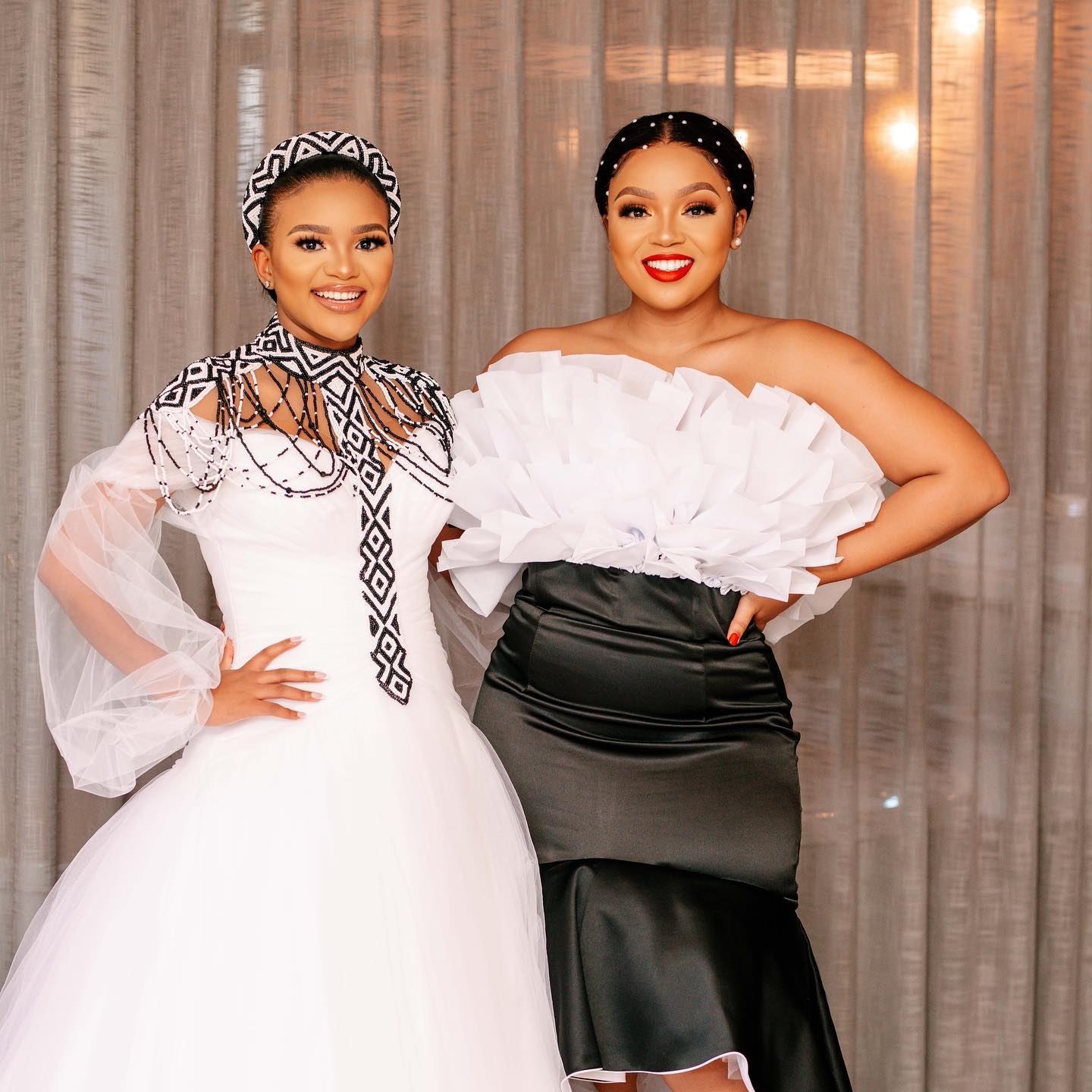 Traditional Zulu marriage Ceremonies
Traditional Zulu marriage Ceremonies
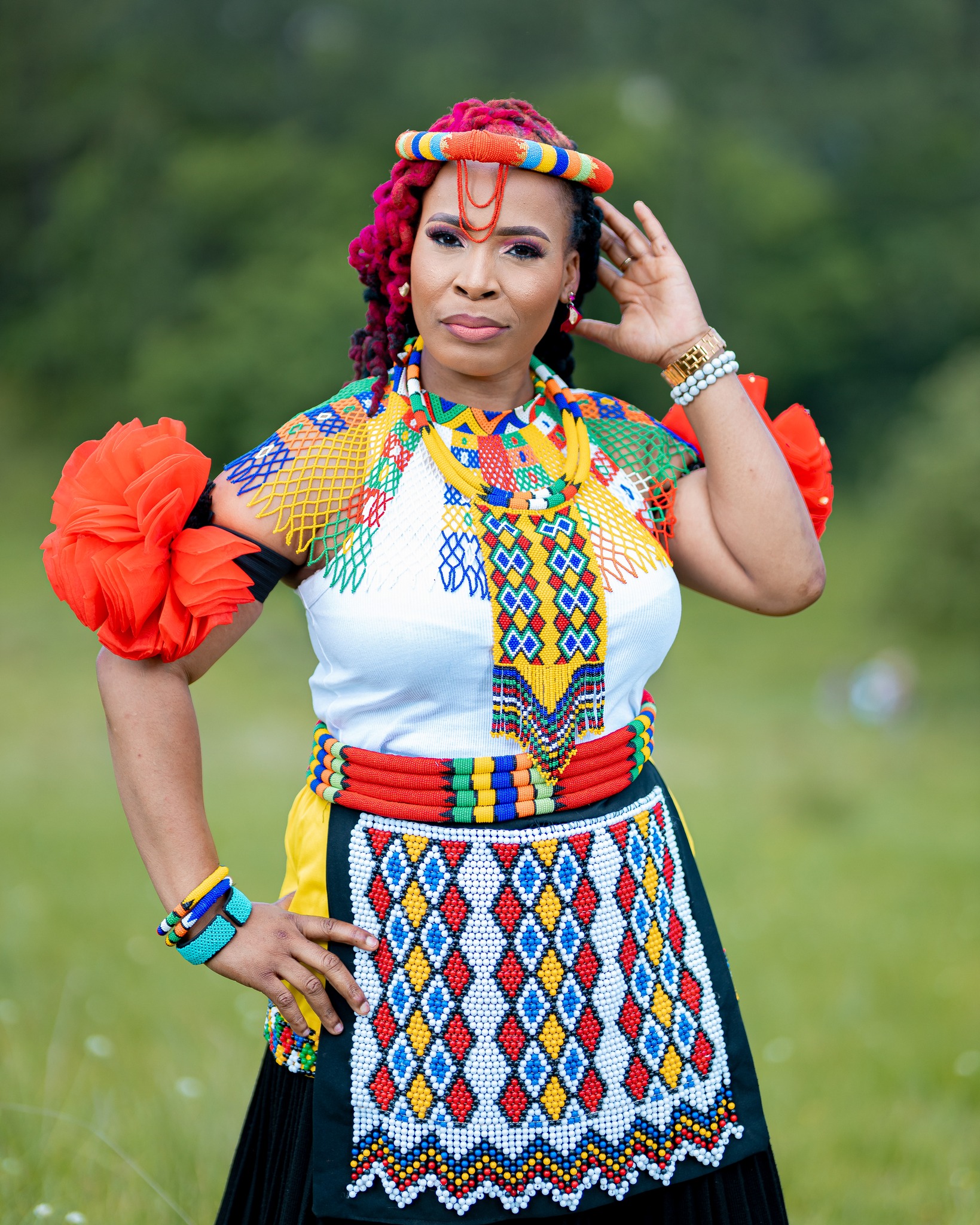 Zulu traditional marriages hold immense significance in the Zulu culture, serving as a festivity of the union between two families and the durability of ancestral traditions. These marriages are characterized by rich customs and rituals that punctuate the significance of family, community, and heritage.
Zulu traditional marriages hold immense significance in the Zulu culture, serving as a festivity of the union between two families and the durability of ancestral traditions. These marriages are characterized by rich customs and rituals that punctuate the significance of family, community, and heritage.
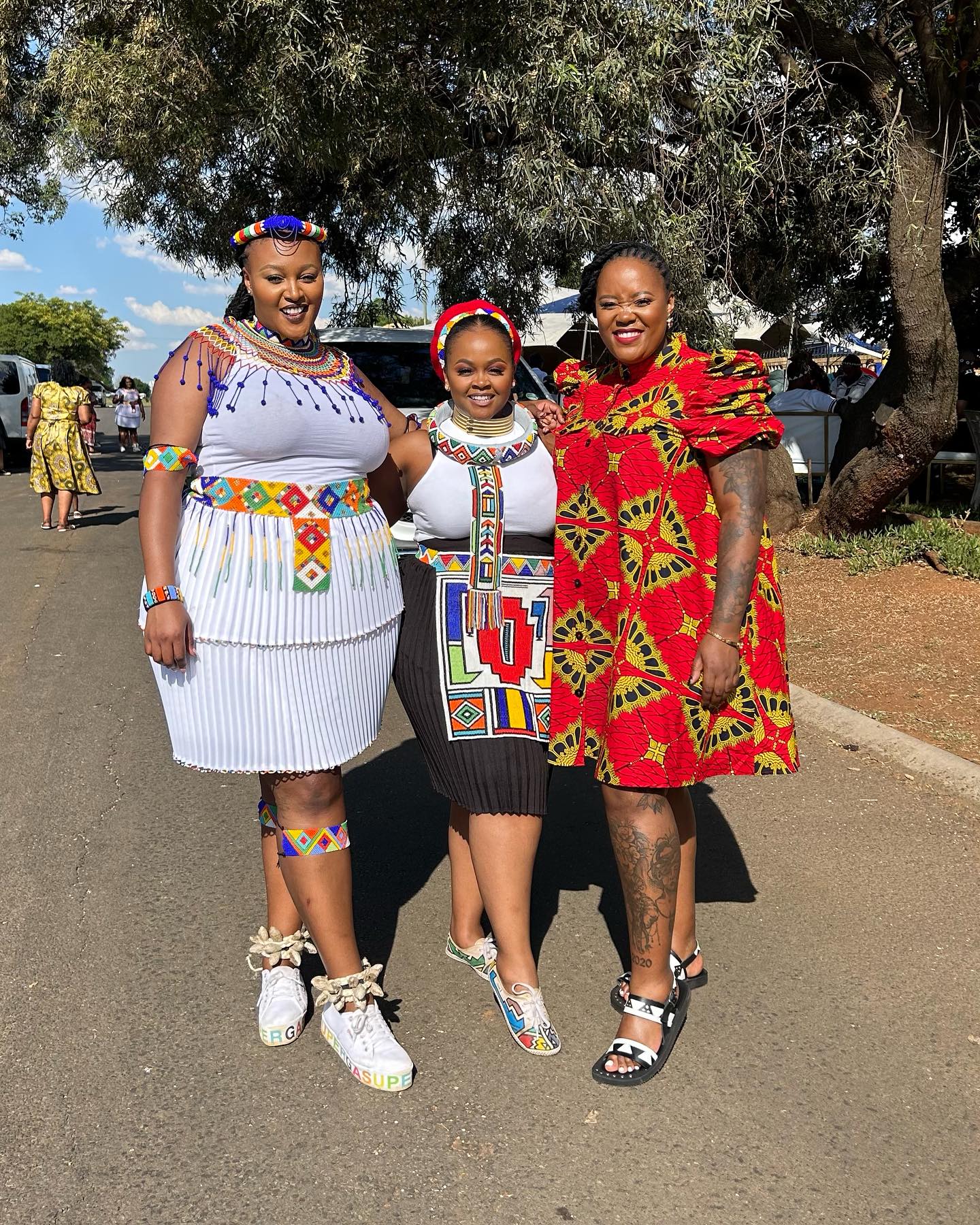 The observances are filled with joy, vibrant music, cotillion , and traditional vesture. It’s a time for the couple to showcase their love and commitment to both their families and the community, bringing people together and fostering a sense of concinnity and belonging.
The observances are filled with joy, vibrant music, cotillion , and traditional vesture. It’s a time for the couple to showcase their love and commitment to both their families and the community, bringing people together and fostering a sense of concinnity and belonging.
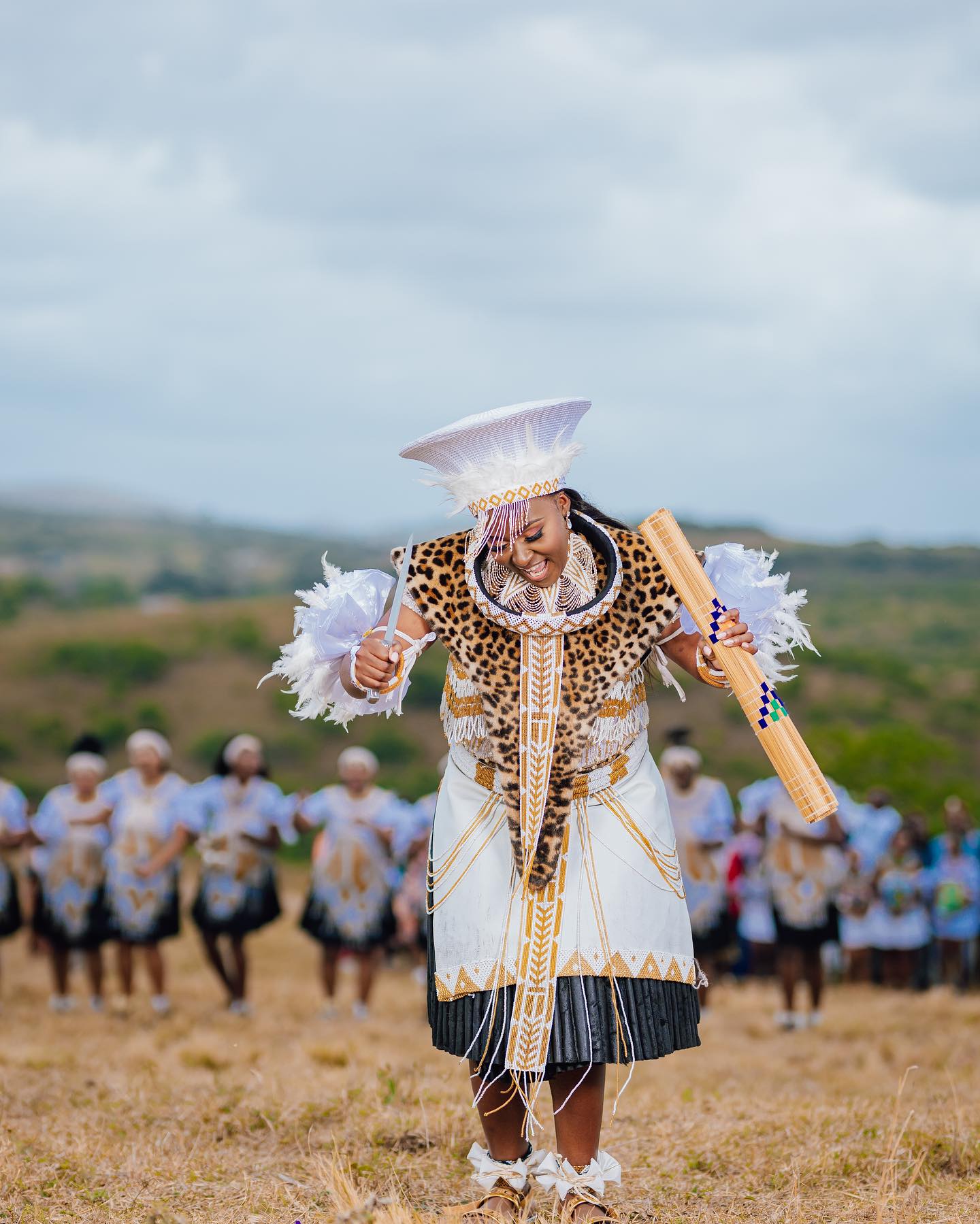 One of the crucial observances in a Zulu traditional marriage is the Umembeso. This form involves the bachelor’s family visiting the bridegroom’s family to present gifts as a commemorative of appreciation and to formalize the union. The gifts, known as “ izinsolo, ” generally include robes, apparel, and ménage particulars. The Umembeso form is a joyous event filled with singing, dancing, and feasting, emblematizing the acceptance and festivity of the bridegroom by the bachelor’s family.
One of the crucial observances in a Zulu traditional marriage is the Umembeso. This form involves the bachelor’s family visiting the bridegroom’s family to present gifts as a commemorative of appreciation and to formalize the union. The gifts, known as “ izinsolo, ” generally include robes, apparel, and ménage particulars. The Umembeso form is a joyous event filled with singing, dancing, and feasting, emblematizing the acceptance and festivity of the bridegroom by the bachelor’s family.
